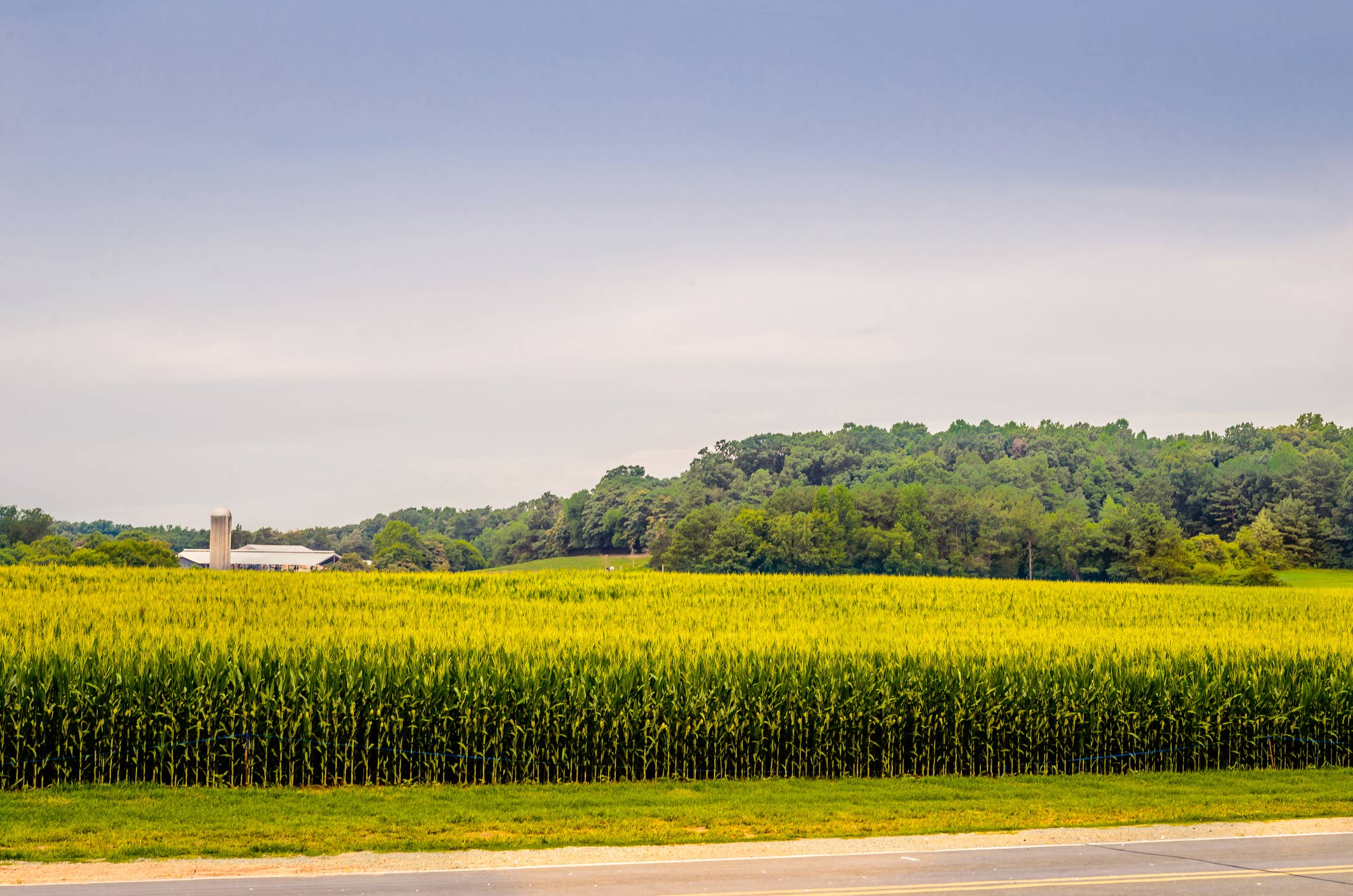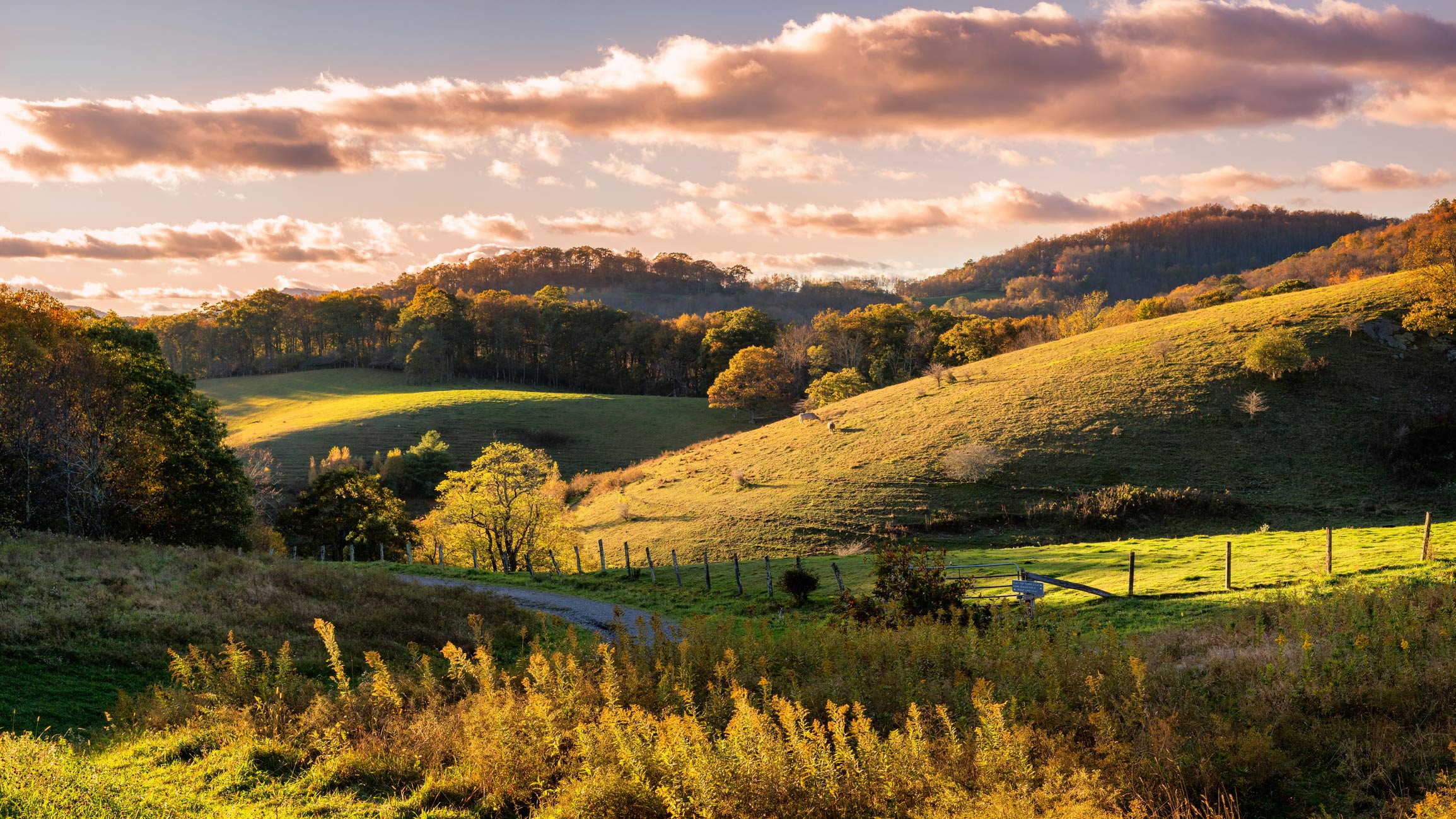AGRICULTURAL MEDIATION FREQUENTLY ASKED QUESTIONS
Curious about our mediation programs? Below are some commonly asked questions to help you better understand our service offerings and agricultural mediation in general.
What Type Cases Do We Mediate?
We mediate both covered and non-covered cases. Covered cases are at no cost to you and include:
- An adverse decision by the USDA (FSA, NRCS, RMA, RD, etc.), including:
- Home foreclosures,
- Loan denials,
- Loan accelerations,
- Crop insurance disputes, and
- Wetlands determinations.
- Disputes with agricultural lenders (banks, farm credit institutions, etc.)
- Disputes with vendors such as feed stores, co-ops, veterinarians, custom harvesters, and suppliers)
Non-covered cases include everything else, such as:
- Family succession issues,
- Disputes with employees,
- Multi-family tenant grievances,
- Facilitation of farm disputes, and
- Neighbor disputes.
What type of disputes do you mediate with federal agencies?
We provide mediation for producers, their creditors, such as the Farm Service Agency, and others directly affected by USDA actions (typically adverse decision letters). We also mediate disputes under the Farm Credit System.
What other disputes do you mediate?
We offer mediation services for disputed cases regarding wetlands determinations, compliance with farm programs (including conservation programs), agricultural credit, rural water loan programs, grazing on National Forest System land, and pesticide issues.
What type of disputes do you mediate under the National Organic Program?
Disputes could involve compliance under the USDA organic regulations or continued certification.
What do you mediate with family farm transitions?
Mediation of succession issues may involve facilitating communications between family members with diverse opinions, examining the viability of the farming operation when considering accumulated debt, or determining an equitable succession plan (if the operation is to be ongoing).
What are the qualifications for your mediators?
They are qualified under the state law in which they mediate and complete 20 hours of bi-annual continuing training.
What if the mediation doesn’t resolve the issue, what are the next steps?
Mediation does not affect your right to an appeal. When mediation is requested, the appeals clock is suspended. At the end of the mediation, the appeals clock resumes. You may request mediation either before or after you file an appeal.
How Will Mediation Help Me?
Mediation offers you many advantages over other methods of resolving agricultural disputes including appealing to the National Appeals Division because the process:
- Offers you an opportunity to start working on a resolution right away, without waiting through a lengthy appeal process;
- Gives you confidentiality;
- Allows you who to create your own solutions;
- Helps restore communication between you and the USDA representative or your creditors;
- Preserves and enhances important business relationships;
- Provides an impartial setting in which you can openly discuss all issues involved, including sensitive financial matters and personal issues that might not be considered in an appeal or trial; and
- Saves you the time and cost involved with the appeal process or litigation.
Do you mediate disputes with the Risk Management Agency?
Yes. The USDA’s Risk Management Agency (RMA) manages the Federal Crop Insurance Corporation (FCIC). We can mediate disputes about losses of the insured due to drought, flood, or other natural disasters, including questions about exclusions due to negligence or unsound farming practices.
What type of lease disputes do you mediate?
Disputes could arise regarding delinquency in payment, land use, capital improvements, subleasing, repairs and maintenance, insurance coverage and payments, or compliance with existing laws and regulations.
What kind of neighbor disputes do you mediate?
Examples of neighbor disputes include odor complaints, noise complaints, use of pesticides, traffic associated with agricultural tourism, boundary disputes, and view obstruction or eyesores.
Where do you offer mediation services?
We offer them in the county where the producer lives within the states of North Carolina and Virginia.
How much does mediation cost?
The mediation is free because it is underwritten by a federal grant.
What is the difference between NCAMP and FARMVA?
NCAMP covers disputes in North Carolina and FARMVA covers disputes in Virginia.
How do I schedule a mediation?
Contact JUDITH STILZ OGDEN, MEDIATION DIRECTOR by visiting our Meet The Mediators page to schedule a meeting
Agricultural Mediation
We provide mediation free of charge to USDA customers in North Carolina and Virginia who have received an adverse decision as part of the informal appeals process
Our mediators are all familiar with farming and rural issues. They are experienced and well-educated and attend yearly training to maintain their skills.
NCAMP and FARM-VA are a program of Western Carolina University’s College of Business.

North Carolina Agricultural Mediation Program (NCAMP)
For almost a decade, the North Carolina Agricultural Mediation Program (NCAMP) has been working with North Carolina residents to resolve disputes with the US Department of Agriculture. Learn more about mediation, meet our mediators and request assistance.

Farm Agricultural Resources and Mediation of Virginia (FARMVA)
FARMVA provides mediation services to Virginia residents to resolve disputes with the USDA. Learn more about mediation, meet our mediators and request assistance.
Agricultural Mediation Resources
Interested in learning more about the organizations that work closely with both North Carolina Agricultural Mediation Program and Farm Agricultural Resources and Mediation of Virginia
